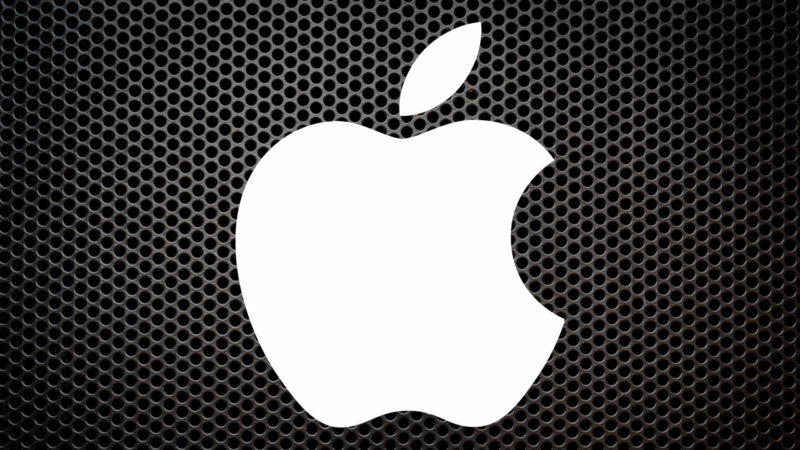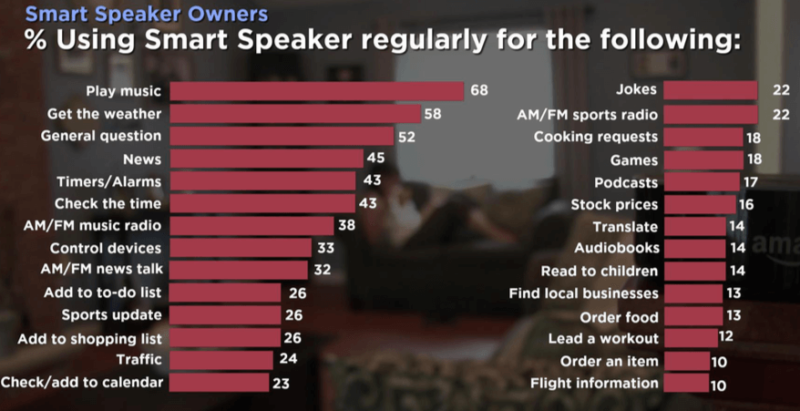In (partial) defense of Apple’s HomePod
HomePod sound quality beats Google Home and Echo devices, and Siri performed better than expected.

Apple’s HomePod is being hailed as the best speaker among the current smart speaker cohort, which includes Google Home, Amazon Echo, Alexa-enabled Sonos and others. But it’s also being heavily criticized, even savaged, for several flaws.
The consensus of the criticism basically focuses on two or three main areas:
- It doesn’t natively support music services other than Apple Music (and iTunes Match).
- Siri isn’t as “good” as Alexa or Google Home (and there are no “skills”).
- It won’t work with Android devices (or as a conventional bluetooth speaker).
I own multiple Echo devices (Show, Dots, original Echo), two Google Home devices and a Home Mini. I don’t own the Google Max or the Cortana Harman Kardon speakers. I’ve placed the HomePod right beside Google Home and a Ninety7-enhanced Echo Dot in my living room.
In terms of sound quality, I agree: it’s not close. It’s hard to go back to listening to music on the other devices after the HomePod, although one could argue whether HomePod has too much bass (believe it or not). Again, I haven’t heard the Home Max.
But Apple’s decision not to support Spotify or Pandora natively on the device is regrettable and somewhat coercive. It’s a poor decision that the company hopefully will change later. You can, however, stream music from either of those services through your phone and AirPlay. I’ve been using Pandora, and it works perfectly well.
But after having read multiple criticisms of Siri’s capabilities and functionality, I was very pleasantly surprised by its performance. Siri isn’t integrated with calendaring, which is a disappointment. But that could change with a software update.
It also isn’t quite as good as Google for answering general knowledge questions. But it was much closer and a much better performer than one might imagine from all the criticism. Local recommendations were a major weakness, although nobody did a great job.
Side by side, I asked the Google Assistant, Alexa and HomePod/Siri lots of questions. Among them:
- How long would it take me to get into San Francisco right now?
- What’s the weather tomorrow?
- What’s healthier: spinach or kale?
- Set timer.
- What’s the best Mexican restaurant near me?
- How far is Earth from Mars?
- Who was the 44th president?
- Who discovered America?
- Convert euros to dollars.
- What’s the best-selling rock album of all time?
- Who was Shakespeare?
- What does dilly dilly mean?
- What’s the oldest fast-food restaurant in the US?
- Define (multiple words).
- Did the Golden State Warriors win their last game?
Overall, as mentioned, Siri didn’t do quite as well as Google Home. But it did about as well as Alexa. There were isolated questions Google Home fumbled, but it got the most correct. Siri and Alexa were a couple of questions behind, at parity.
One might have expected Siri to underperform the others. However, the opposite was true. In addition, Siri is more responsive than Google Home or Echo/Alexa when music is playing loudly. I never had to say “Hey Siri” multiple times to get its attention, as I sometimes have to with the others.
The fact that HomePod doesn’t connect to third-party apps (other than through HomeKit) is not a big deal at this point. There are two major problems with Alexa skills right now: The vast majority are worthless, and they’re difficult to discover.
I suspect that Apple will ultimately enable third-party apps on HomePod, as it has with iMessage, Maps and Siri on the phone. We can probably also expect that Siri’s full capabilities (e.g., calendaring) will come to HomePod. And Apple should make HomePod accessible to Android users.
Given the negative (or ambivalent) coverage and its relatively high price ($349), it’s unlikely that HomePod will gain significant adoption versus its rivals. But price would be much less of an issue if the other complaints were addressed.
Postscript: Different testers are getting different results from Siri and coming to different conclusions about its capabilities and performance. The Washington Post’s very negative review, relies in part on a third party study from Loup Ventures. That study ranked Siri as the worst performer of the smart speaker set for a range of questions/commands.
I don’t in any way dispute that Google Home outperforms Siri and HomePod across a range of functions. However, there are some strange findings in the study. For example, it proclaims “Siri is particularly strong in Local (where can I find a good cup of coffee around here?) and Commerce (help me buy some new shoes.) queries, handily beating Alexa and Cortana.” I do not agree.
Siri relies on Yelp data primarily in recommending local businesses, especially when superlatives such as “best” are used in the request. However I found Siri’s performance in local search to be extremely uneven. Perhaps it’s somewhat better than Alexa and Cortana but it’s definitely not “particularly strong.” Beyond this, there is no “commerce” capability on HomePod. If you ask to buy an item, it doesn’t facilitate an online transaction, as Alexa would through Amazon. Siri will direct you to a nearby store that may carry the item, but it’s not real-time product inventory. And it’s quite uneven across product categories.
The Loup study also says, “Some domains like navigation, calendar, email, and calling are simply not supported.” That’s essentially correct. What Loup means by “navigation” is literally send directions to your phone, which Google Home will do. But Siri does report traffic and drive time between your home and intended destination.
My testing was much more informal and much more limited than the Loup study. But for the most common smart speaker use cases (see NPR-Edison Research below) the HomePod and Siri will perform at levels that are comparable to rivals. (This was my pleasant surprise.) That’s not to say that Apple shouldn’t work quickly and diligently to improve performance. But the thing that’s going to most deter buyers will be the lack of native support for non Apple Music services and the comparatively high price.

Opinions expressed in this article are those of the guest author and not necessarily MarTech. Staff authors are listed here.
Related stories
